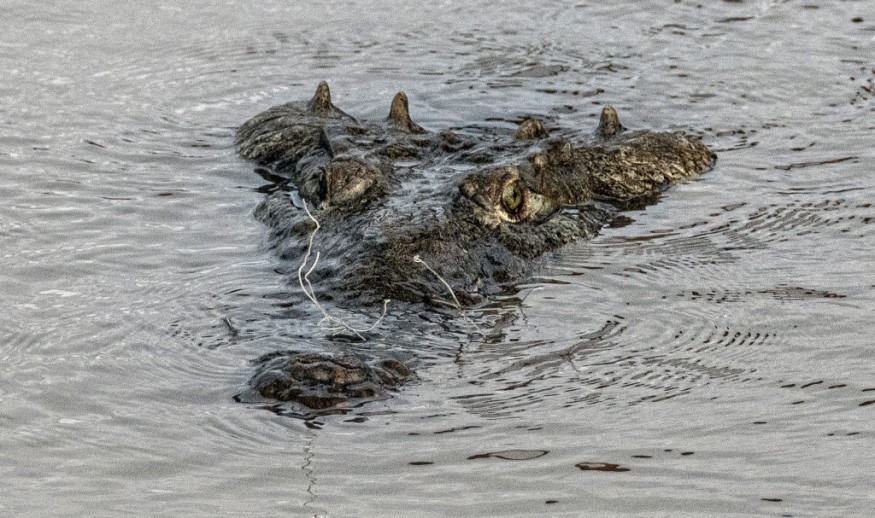Cuban the crocodile, who lives at a Sri Lanka zoo for a long time, already died and it is apparently due to old age, according to reports.
Cuban is approximately several decades old after arriving into the South Asian country and raised by a Sri Lankan.
The crocodile's death confirmed that members of the crocodilian order can live longer than previously expected, even in captivity.
Cuban the Crocodile Dies

The death of the oldest crocodile at the National Zoological Gardens in the city of Dehiwala was announced by the zoo's Director General Thilak Premakantha, who also said Cuban was received by the zoo in 1970, as cited by the Daily Mirror Sri Lanka on Wednesday, January 18.
A local owner retrieved the crocodile, which was reportedly brought from Cuba, and took care of it in a house before handing it to the zoo.
It had lived up to its maximum age limit when it died, according to the director general.
Aside from old age, there were no immediate reports suggesting Cuban the crocodile died from other causes, including animal-related diseases or death due to human negligence.
Also Read: Australia's Oldest Asian Elephant Dies at 58
What are Cuban Crocodiles?
Cuban the crocodile is a member of the Crocodylus rhombifer, also known as the Cuban crocodile, a small-medium crocodile species only endemic to Cuba.
While it is way smaller than the Nile crocodile and saltwater crocodile, C. rhombifer can grow between 6.9 and 7.5 feet and weigh around 70 to 80 kilograms.
Despite its small size, the Cuban crocodile is still a highly aggressive wild animal and is potentially dangerous to humans.
Just like other crocodile species, the said reptiles can attack humans with or without warning, especially if one enters their own territory.
In 2019, a Cuban crocodile, which was once owned by Cuban leader Fidel Castro, had bitten a man in his 70s at the Skansen Aquarium in Stockholm, Sweden, the BBC reported.
The elderly man was hospitalized following the crocodile attack.
In December 2022, a Cuban crocodile was found dead inside its enclosure at the Smithsonian's National Zoo and Conservation Biology after attacking an electrical outlet.
It is not clear whether the animal was provoked or not by a human.
Crocodile Lifespan
According to wildlife experts, the approximate lifespan of all crocodile species range between 30 and 40 years old.
However, there are instances where some crocodiles reach beyond 50, just like Cuban the crocodile, or even 100 years of age.
The non-profit organization Oceana stated that the saltwater crocodile (Crocodylus porosus), the largest crocodile species in the world, can live more than 70 years.
Currently, the oldest living crocodile in the world is named Henry, a 122 years old Nile crocodile, who is sheltered at the Crocworld Conservation Centre in South Africa.
Before Henry was captured and sent into the nature preserve in 1985, the crocodile, which was born in 1900, has reportedly killed several men and children.
© 2025 NatureWorldNews.com All rights reserved. Do not reproduce without permission.





